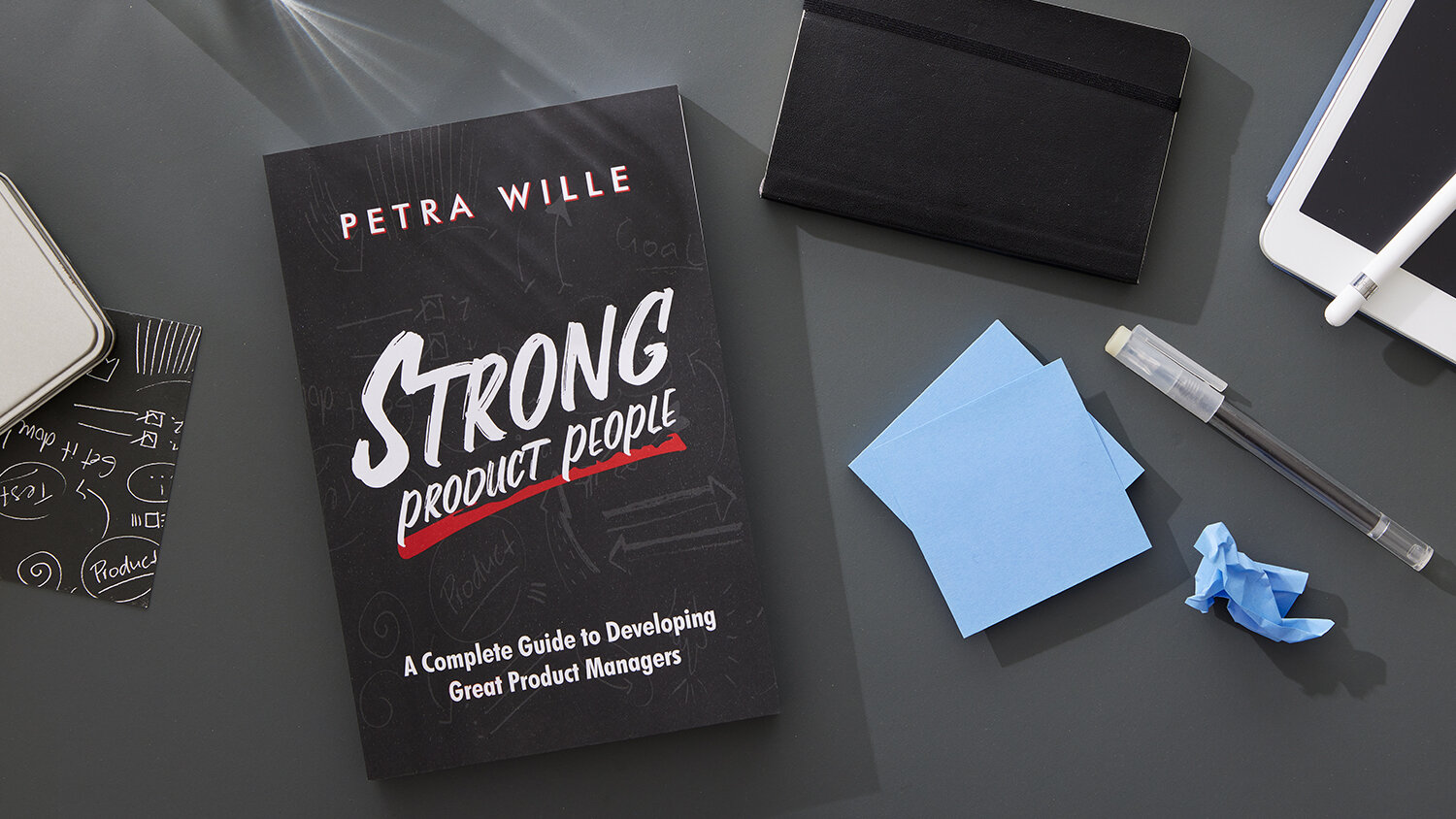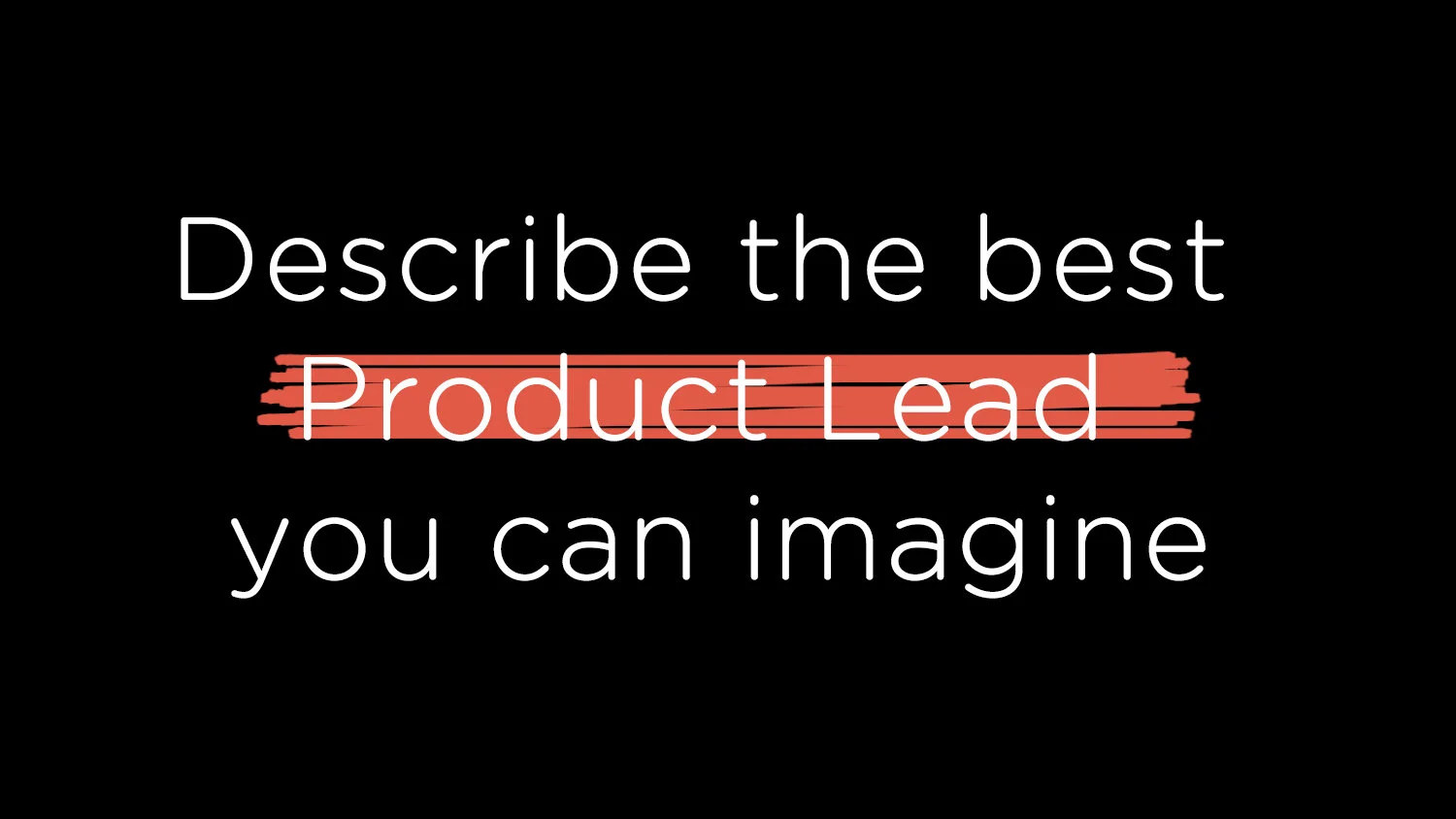My book, STRONG: A Complete Guide to Developing Great Product Managers, is now available and I already answered some of the common questions about the book in my previous post. Today I’d like to talk about something else: about how to read the book and to make sure you are getting the most out of it.
Read MoreIn case you haven’t heard the big news yet, my book, STRONG is now published. In this post, I’ll be sharing some of the concepts from the book. If you find yourself wanting to explore any of these topics in more detail, be sure to check out the book. You can order your copy here.
Let’s talk about developing product managers—and not just any product managers, but strong product managers. We all know that product management is a super hard business to be in and we expect a lot from our product people.
Read MoreBig announcement! My book, STRONG: A Complete Guide to Developing Great Product Managers, is now published. If you already know you want to get a copy (or two), you can do so here.
Want to learn a little bit more about who the book is for and what you can expect to learn from it? Keep reading!
Read MoreLet´s assume you are a Product Manager and you know or have figured out what your next best development topic is (e.g. by using the PMwheel) you then should come up with something I would call a development plan. Something that helps you commit to small actions that get you closer to the competent product management personality you want to become.
The future-self framework takes the form of a document that you need to fill, and it has four parts: As-Is, To-Be, Actions and a Timeframe.
Read MoreThe PMwheel has become a reliable compass for people who want to navigate their product career or develop their direct reports. It’s an approach that I have personally used in my work with clients ever since I developed it.
For managers, The PMwheel is a simple, but powerful way to assess the responsibilities, skills, and knowhow of your product managers. Keep in mind that no two assessments for your different product managers will be the same—some will be stronger in one area, while others will be stronger in others.
Read MoreBack in 2016, I was working with the product organization of a larger tech company. They asked me to help every product manager on the team “understand the role of the product manager better,” and to help the product managers understand what “better” would actually look like.
This was not an easy challenge and, although I had a certain take on what product managers should be responsible for, I lacked a clear framework—an assessment that I could have discussed with the individual product manager in one of our coaching sessions.
Read MoreSome weeks ago, I had the honour of being interviewed by Teresa Torres. There was no shortage of topics for us to cover in our recent conversation. We’ve talked about my upcoming book, about how to develop STRONG product people if you are a product leader and about my coaching cards.
Read MoreWhat is the job of a product leader? How should a Head of Product, a VP of Product, or a Product Team Lead behave?
Many articles have been written on this subject, most of them either by product consultants or people holding one of the above titles. But what if we ask these questions to the people they’re supposed to lead? What does a product manager think about this? What do they want from their boss?
Read More






